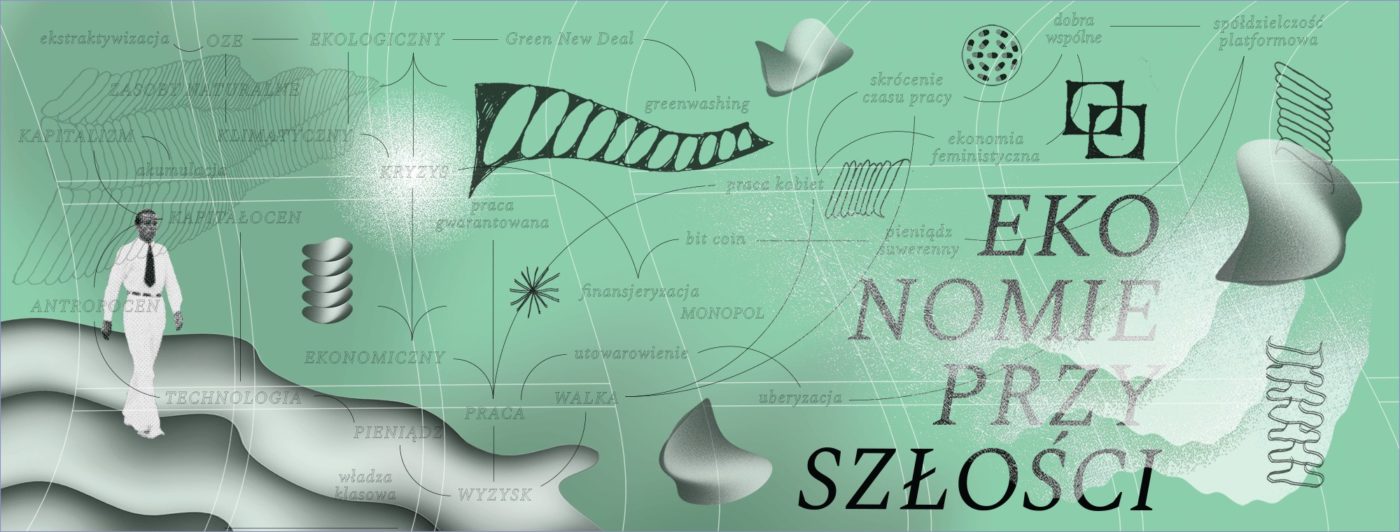Finances after financialisation
Prof. Jan Toporowski (London University/SOAS)

The global financial system still has not recovered from the last crisis. Institutions to big to fall were first revived by states and then for long years they operated on I.V.s of public money. This is the end brought about by the rule of the financial circles – an economic power formation which instead of providing liquidity to economies, drained them mercilessly. It doesn’t mean, however, that social and political consequences of financialisation are behind us. Large financial companies like Goldman Sachs are doing famously, and never before have tax havens concealed sums so great that their mere fraction would be enough to eradicate hunger affecting over 800 million people worldwide.
Growing inequalities and the atrophy of democracy are only the most visible od consequences of stubborn persistence of mechanisms which ensure the privileges of the finance sector. So are finances after financialisation possible? Or perhaps we don’t need them at all? How and with what to replace the system which destabilised word economy and pushed many countries into the abyss of poverty and uncertainty? Is it possible to take control of structures and mechanisms that habitually evade social control? Can banks be managed democratically? If so, how to accomplish it?
| Data | Czas | Tytuł | Miejsce | Wstęp |
|---|---|---|---|---|
|
April 21 2020
, 18:00
Tuesday
|
18:00 |
Finances after financialisation |
online |

